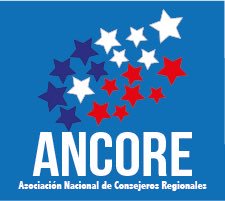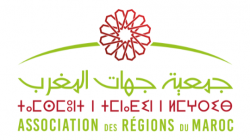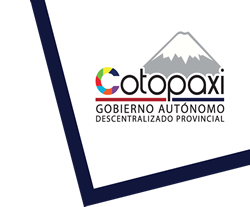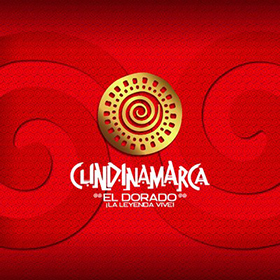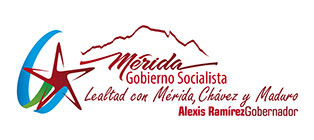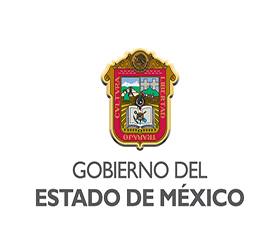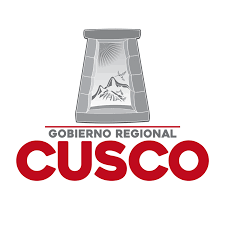Attention to Kenya
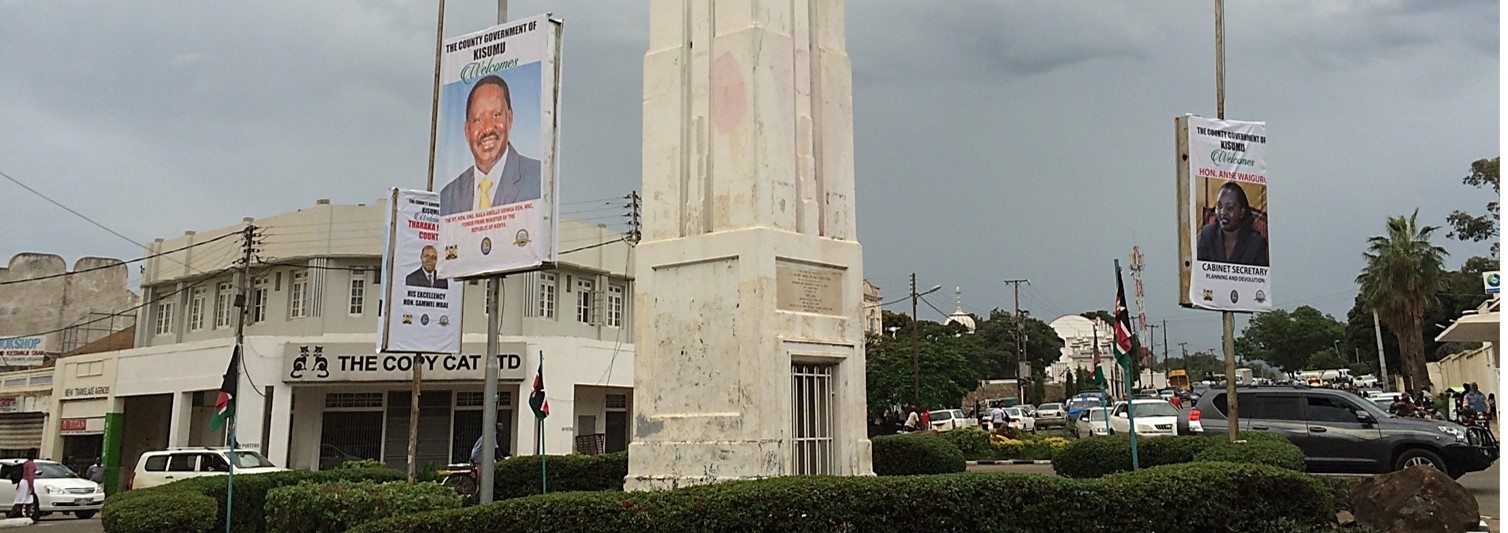
Carles Llorens
Secretary-General ORU
We travelled to Kisumu, a Kenyan town on the shores of Lake Victoria, with great interest in learning about the devolution process taking place in the country. We couldn’t even imagine the political dimension of what we were going to find. The Kenyan Council of Governors was present at our Assembly in Cartagena de Indias last September, when they formalised their accession to ORU. Our trip to Kisumu reflects our desire to accept their kind invitation to their most important event of the year, the Devolution Conference.
Our first surprise was the dimensions of the Second Devolution Conference. It was not the typical conference with the participation of the governors and a couple of hundred specialists and political stakeholders that you would find in most places. In Kisumu, in an extremely well-organised event, there were more than 5,000 people debating the process of building a devolved state. “All of the devolution stakeholders” was said.
And just as remarkable as the number of participants, the quality of the exercise: it was an example of democratic debate, where the government and the governors were not spared by criticism. The good spirit of the debate didn’t stop anyone from mentioning some corruption cases, from reproaching the 57 governors the absence of women in leading roles, which breaches the constitutional mandate, and from raising some vindications such as giving the County Governors more functions in security. We witnessed harsh criticism of the government and some governors in difficulties when confronted with criticism from the public, which is an exercise of freedom rather unusual in other African countries.
More surprising than the way the debate took place in Kisumu, was the topic of the debate: probably the largest political process of decentralisation, and without a doubt, the largest decentralisation process taking place in Africa. From the 2010 Constitution, in just a few years, an immense transfer of powers and resources has taken place from the National Government to the 47 counties. At ORU, nobody had warned us, nor had we been able to foresee, the dimensions of this colossal project.
Overall, Health functions have been transferred except for some large hospitals that are still managed from Nairobi. Road and Infrastructure construction has also been transferred. Counties have important powers in agricultural and economic development. In Education, the counties have started to manage primary education, with a view to progressing towards other levels. While in 2014 a 32% of the national budget was allocated to counties, in 2015 it was 43%. All of that promises a major transformation of the territory and its rural areas.
Contrary to the recentralising will of so many countries, in Kenya not also the governors support Devolution, but also the national government. It is worth mentioning that, in Kisumu, the discourse of president Uhuru Kenyatta seemed to compete with the one of the opposition leader, Raila Odinga, in supporting the transfer of powers to the counties.
In Kenya, in contrast to other places, it seems to be clear to everyone that development goes hand in hand with decentralization, territorial balance and development of the rural communities and the agriculture. This must be the reason why, unlike the tottery Moroccan and the erratic Senegalese decentralisation processes, nowadays in Kenya everybody agrees that the process of giving powers to the territory needs to move forward fast.
For ORU, Kenya will certainly be a reference and a laboratory. We must be attentive to this macro-experiment taking place in the 47 Kenyan counties and, as we said to the governors, we will remain at their disposal for anything they need. Their battle is, after all, our battle.


